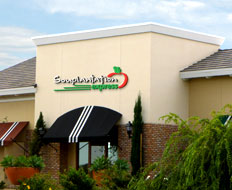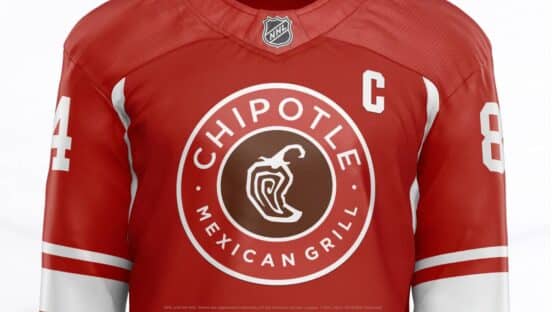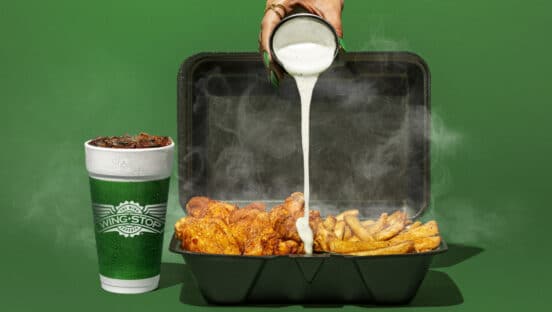Known for its buffet offering of salads and soups within large dining rooms, Souplantation is opening an Express prototype of its concept that the company hopes can deliver the brand to new markets and nontraditional locations.
Michael Mack, CEO of Souplantation parent company Garden Fresh Restaurant Corp., says the new Express prototype is intended to ride the rising success of the fast-casual segment.
“Even before the recession hit, we were seeing … opportunities for different channels for our products,” Mack says. “As we got into the recession, we noticed the differential performance of different sectors in the industry. We decided that we have a great brand, and we want it to be as convenient as possible for our guests.”
The first Souplantation Express unit, which opens January 17 in Carlsbad, California, will be 1,960 square feet, says Dan Anderson, vice president of business development and supply chain for the company. It will seat about 40 people in its dining room, and an additional 20 people on the patio.
A traditional Souplantation unit is around 7,000 square feet.
The Express prototype’s size will be suited to real estate the brand has never before fit in, Anderson says.
“The idea is we can build it in any range from about 1,500–2,000 square feet and be in an airport, be in a food court, be in a campus, be in a local plaza that has a grocery store—all of the places where you can’t fit a 7,000-square-foot [store],” he says.
Anderson, who has been in charge of seeing the prototype through to completion, says the Express store will include a prep station where customers can order most of the Souplantation menu favorites a la carte. A crewmember serves the soup or salad choice for the consumer in a to-go or dine-in container, and for salads, adds the customer’s choice of ingredients and tosses in dressing.
This type of service style, Anderson says, is a more convenient method for existing customers to eat at Souplantation. But it also provides an introductory touch point for new consumers.
“It’s [catered to] a different guest looking for the same type of food in a different way, because they don’t have the time to do the buffet or buffets aren’t their thing,” he says. “It’s got that element of to-go that we can’t offer in buffet affectively, which I think is going to be really appealing to people.”
Mack says the new prototype should help to attract customers unfamiliar with the Souplantation brand, but stops short of calling it a response to the boom in fast-casual salad concepts.
“We think we can expand the base of people eating our products,” he says. “We believe it’s a huge growth opportunity for us. We’ll always be mindful of what other people are doing, but it’s far more offensive than it is defensive.”
Ken King, senior consultant with National Restaurant Consultants, a Denver-based foodservice consulting company, says value, more than anything, is what consumers are demanding right now. But value doesn’t just involve price—it can also involve service style.
“Service methodology is going to be an interesting one to watch with the folks at Souplantation,” King says. “People like to help themselves, to feel like they have some control over the food that they get, which is why buffet concepts work very well.”
But King says Souplantation’s service switch can still work, so long as the company doesn’t make too big of a jump from what it founded its business on.
“When you try to change something that’s been successful, and you think what you’re going to do is revolutionary rather than evolutionary, it may be successful in the short term,” he says. “But long term, unless it offers a significant improvement upon what you’ve done before, I would question it.”
Mack says there are no long-term plans for the Express prototype yet and that there won’t be a big commitment to it anytime soon. Although he’s confident it will be a successful concept, he says the company doesn’t want to “complicate the growth process by carrying forward with some things that we can find out with the first couple, correct easily, and then step on the accelerator a lot harder.”
The plan for now, Mack says, is to simply include the Express model in the Souplantation arsenal and use it whenever the local market or real estate offerings require something more akin to scaled-down quick service than sit-down buffet.
“When it looks really favorable to expand the Express unit, we’ll hit that hard,” he says. “When it looks a little less favorable, we’ll be a little cautious there and go with the other prototypes.”











